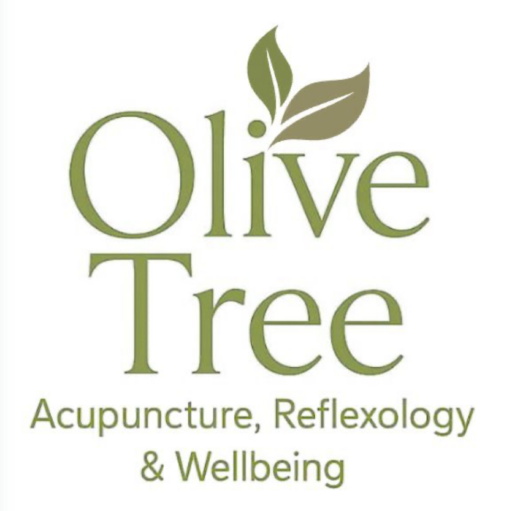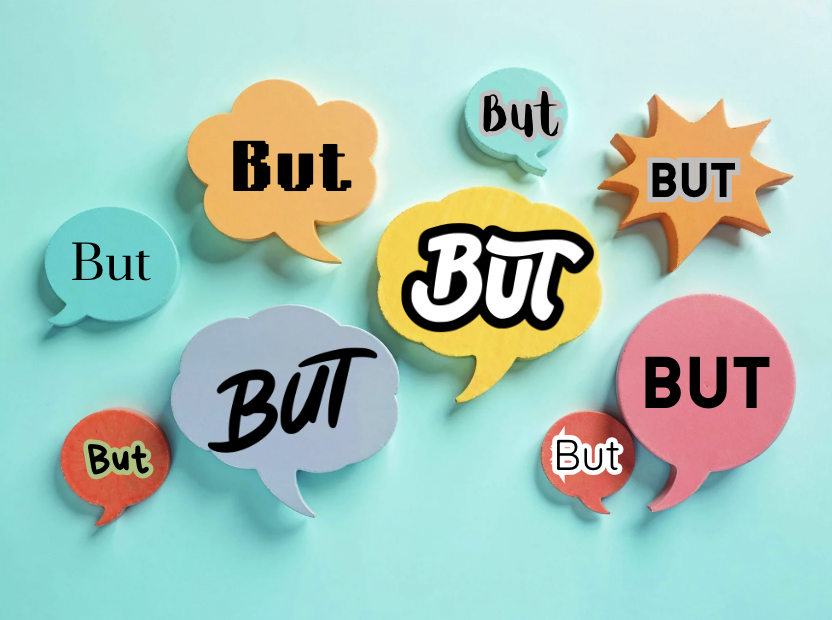Why the Word “But” Can Feel Negative
Words are powerful. They don’t just get a message across — they shape how we feel, how we connect with others, and even how we see ourselves. One little word that often sneaks negativity into conversations is “but.”
Let Me Explain The Hidden Power of “But”
When we use the word but, it creates contrast — and often cancels out whatever came before it.
Think about these examples:
- “You did a great job, but you forgot one detail.”
- “I’d love to come, but I’m too busy.”
In both cases, the positive start gets overshadowed. Instead of hearing encouragement or acknowledgment, the listener is left focusing on the second part — the criticism, the excuse, or the limitation.
Why It Feels Negative
Our brains naturally hold onto what comes after the word but. So even if you start with praise, it can feel like a backhanded compliment. Over time, this can make conversations sound dismissive, pessimistic, or critical — even when that’s not the intention.
This matters because language doesn’t just affect our mood in the moment — it influences stress levels, self-esteem, and the way we process challenges.
Why This Matters for My Patients
In clinic, I see daily how stress, self-talk, and emotional balance impact physical health. Pain, low energy, sleep problems, and hormonal imbalances are often made worse by tension and negative thought patterns.
When we regularly use words like but, we unintentionally train our minds to focus on what’s lacking rather than what’s possible. That creates more stress for the body and mind, keeping us “stuck” in imbalance.
By softening our language, we also soften the way we relate to ourselves — creating more space for healing, optimism, and balance. Just like acupuncture restores flow and harmony in the body, mindful language can restore flow and harmony in the mind.
What to Say Instead
Of course, we still need to express feedback, boundaries, or reality — but we can do it in a way that feels more supportive.
✨ Try swapping but for:
- “and” → “You did a great job, and it would be even stronger with one more detail.”
- “at the same time” → “I’d love to come. At the same time, I already have plans.”
- “while” → “While there are challenges, I believe this project has real potential.”
These alternatives let both parts of the sentence coexist, instead of cancelling each other out.
The Takeaway
The word but isn’t “bad,” but it can shift the energy of our words in a way that limits us. By being mindful of it — and choosing gentler alternatives — we can keep communication positive and empowering.
For my patients, this can make a real difference: reducing stress, supporting emotional balance, and encouraging the mindset needed for the body to heal. Why not give it a go, leave the BUTS behind and see if it makes any difference.
Sarah




